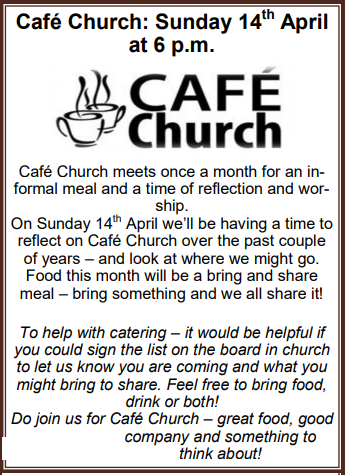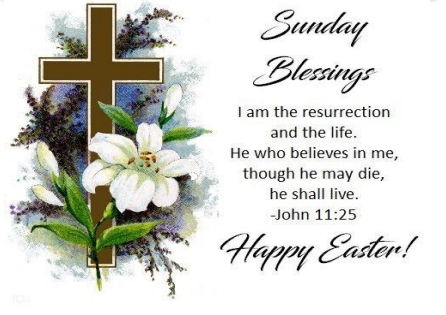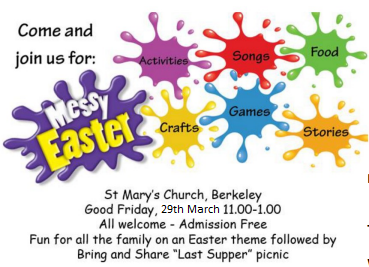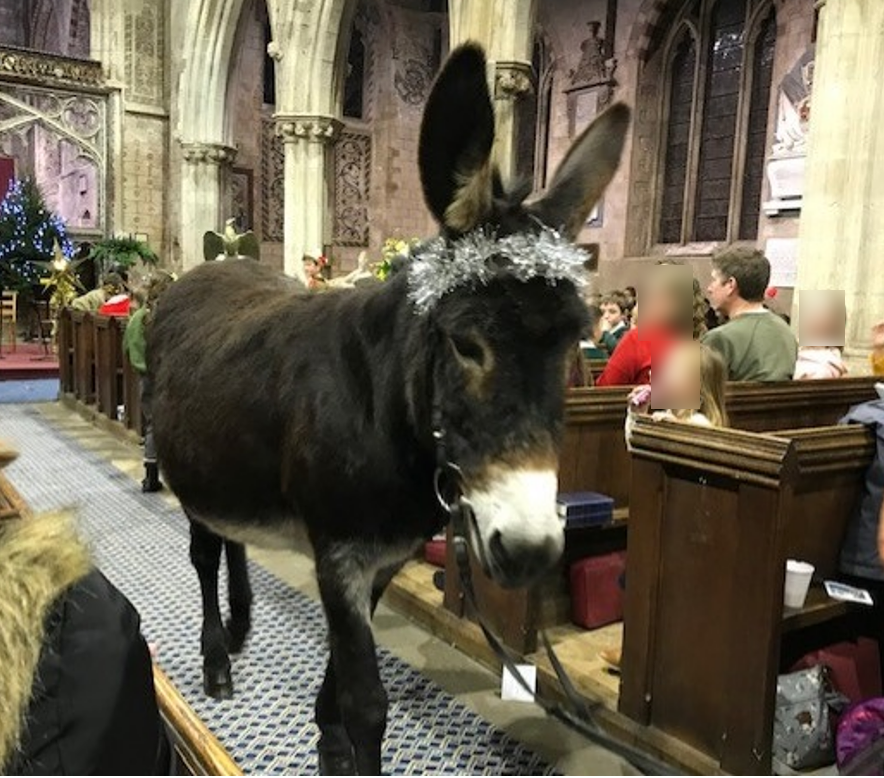|
Welcome to St Mary the Virgin, Berkeley. We invite you to visit our buildings, to join us in worship at one of our many services, or just to enjoy the space to sit and reflect.
Palm SundayWe are hoping for a guest appearance from Tina the Donkey this Sunday, however she has a sore foot and may not be able to make it. Our prays for Tina.
Note to Mircea
|
Upcoming Events:
Colour Key: Berkeley Benefice St Mary's - Berkeley All Saints' - Stone St Michael's - Hill St John - Purton St Andrew - Sharpness |





